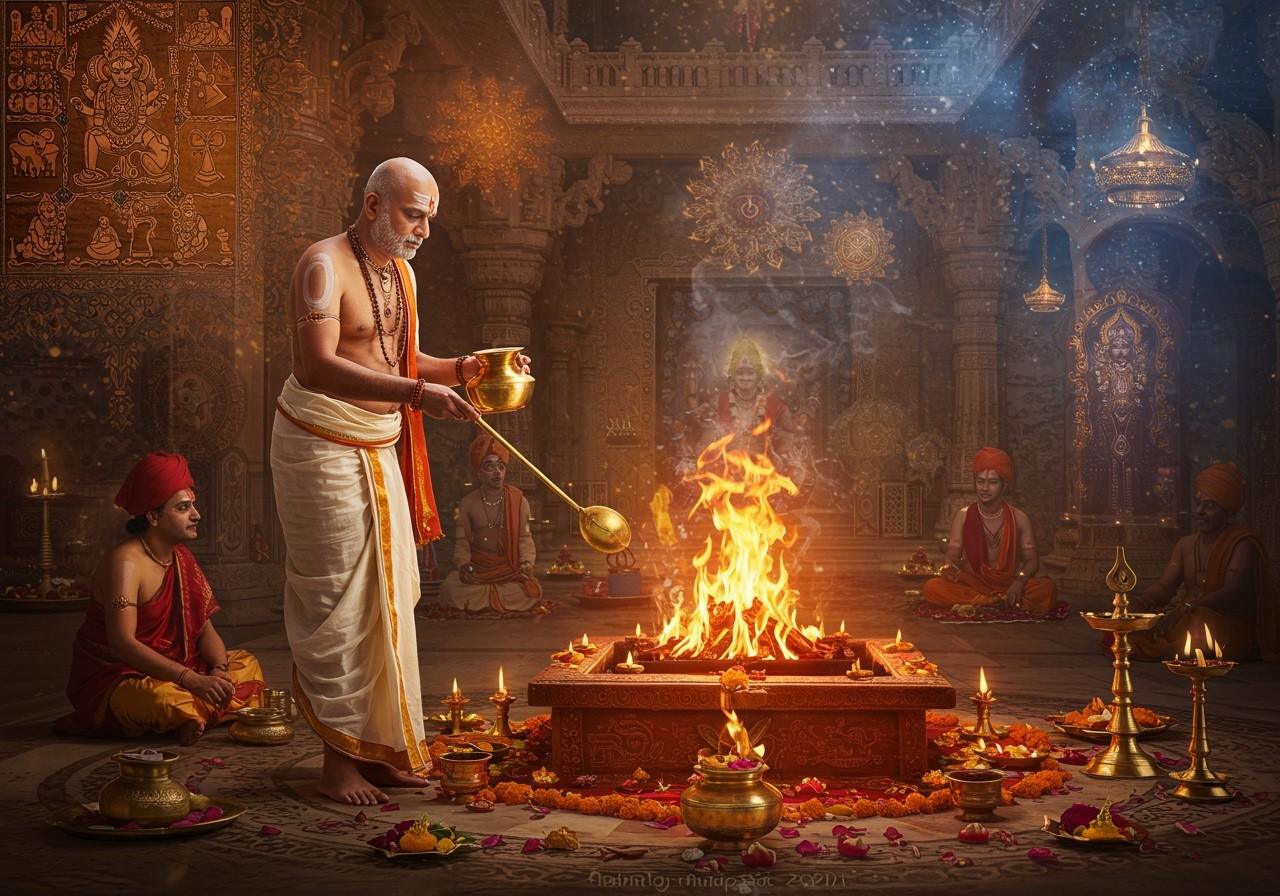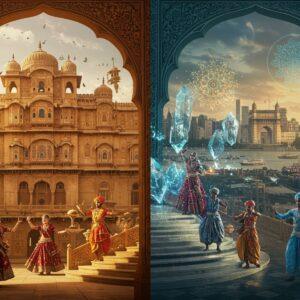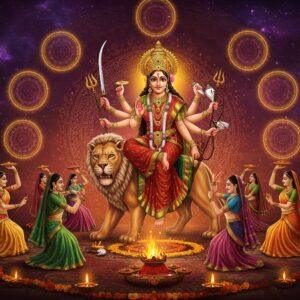
In ancient India, Vedic priests, often called ṛtvij, vipra, or kavi, played a vital role. They weren’t just performers of rituals; they were the custodians of our sacred traditions, the spiritual guides of society, and the keepers of ancient wisdom. Let’s delve into their world and understand their profound impact.
The Heart of Their Duties
The responsibilities of Vedic priests were multifaceted, encompassing a deep connection to the divine and a commitment to the well-being of the community. Their duties went beyond the ceremonial, shaping the spiritual and cultural landscape of the Vedic era.
- Conducting Rituals and Ceremonies: Vedic priests were masters of performing yajnas, sacred rituals that required precise execution and in-depth Vedic knowledge. Every offering, every chant, was performed with meticulous care, ensuring the rituals were conducted in harmony with ancient traditions, strengthening the bond between the human and the divine.
- Preserving and Transmitting Knowledge: In a time when knowledge was passed down orally, these priests were living libraries, memorizing and reciting thousands of verses from the Vedas. They were the guardians of sacred texts, ensuring the continuity of tradition across generations, passing down the wisdom of the ages.
- Maintaining Cosmic Order (Rta): The Vedic priests believed their rituals played a key role in maintaining balance in the universe, a cosmic order known as Rta. Through offerings and spiritual practices, they sought to balance the forces of nature, ensuring harmony between the earthly and the divine realms.
- Connecting People to the Divine: Serving as a bridge between humanity and the gods, priests led prayers, offered guidance, and fostered a spiritual atmosphere. They helped people connect with the divine, providing solace, inspiration, and a sense of belonging in the vast cosmos.
- Upholding Traditions: Vedic priests were the keepers of tradition, ensuring that life’s important milestones, from birth to death, were observed according to ancient customs. They upheld the sanctity of these rituals, strengthening the cultural fabric of society.
- Providing Guidance and Counsel: Beyond the ceremonial, priests offered guidance to individuals and families. They helped people navigate life’s complexities, providing counsel rooted in dharma, the moral order, and helping individuals find their path.
- Community Leadership and Harmony: Often, priests assumed leadership roles within their communities, fostering harmony and promoting ethical living. They guided people towards spiritual growth, enriching the lives of individuals and strengthening the bonds of community.
Specific Roles within the Priesthood
Over time, the roles of Vedic priests became more specialized, particularly in grand ceremonies involving sixteen priests. Each had a unique role to play, ensuring the seamless execution of complex rituals.
- Hotṛ: The Hotṛ was the reciter, invoking the gods with powerful prayers and litanies drawn from the Rigveda. Their voice carried the sacred words, invoking the divine presence.
- Udgātṛ: The Udgātṛ was the chanter, their voice resonating with melodies (sāman) from the Samaveda. Their chants created a sacred atmosphere, elevating the spiritual experience.
- Adhvaryu: The Adhvaryu oversaw the practical aspects of the sacrifice, following the Yajurveda. They prepared the altar, the offerings, and the sacred vessels, ensuring everything was in its rightful place.
- Brahman: The Brahman was the supervisor, the overseer of the entire ritual. Drawing knowledge from the Atharva Veda, they ensured the accuracy and sanctity of the ceremony, correcting any deviations and maintaining the integrity of the ritual.
Beyond the Core Duties
The influence of Vedic priests extended beyond the ritual arena. They played a vital role in education, spiritual guidance, community events, and the preservation of cultural heritage.
- Teaching and Education: Priests imparted knowledge of sacred texts, religious customs, and various philosophical schools, shaping the intellectual and spiritual landscape.
- Spiritual Guidance and Counsel: They offered advice on spiritual matters, helping individuals navigate ethical dilemmas and make decisions aligned with dharma.
- Community Engagement and Social Cohesion: Priests participated in community events, fostering social cohesion and strengthening the bonds within the community.
- Preservation of Cultural Heritage: They ensured essential life events, such as naming ceremonies, weddings, and funerals, were conducted according to time-honored traditions, keeping the flame of heritage alive.
Poojn.in: Supporting Your Spiritual Needs
At Poojn.in, we understand the deep significance of these traditions. As India’s leading online store for cultural goods and services, we offer a wide range of authentic products to support your spiritual journey.
- Complete Puja Samagri Kits: Find everything you need for your puja in one convenient kit, carefully assembled with quality-checked ingredients and packaged to maintain purity.
- Sacred Texts and Guides: Explore our collection of authentic Sanskrit texts, mantra books, ritual guides, and Panchangs (religious almanacs).
- Ritual Items: Discover a wide selection of pure copper and brass vessels, traditional bell metal items, puja thalis, and other accessories.
- Connect with Vedic Priests: We can help you connect with experienced priests for guidance on rituals, ceremonies, and other spiritual matters.
Visit poojn.in or call us at 03369029784 or WhatsApp us at 9476142738 to learn more and explore our offerings.
The Enduring Legacy of Vedic Priests
The Vedic priests, with their deep wisdom and spiritual insight, were instrumental in shaping the cultural and spiritual landscape of ancient India. Their legacy continues to inspire us, reminding us of the importance of tradition, ritual, and the pursuit of spiritual growth. They were not merely priests; they were the keepers of our sacred heritage, their influence echoing through the ages.


